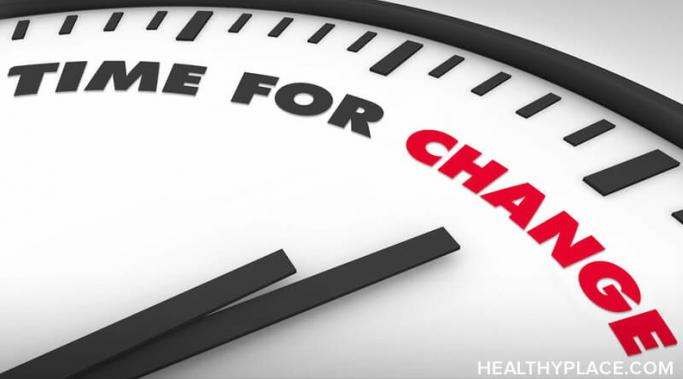In my observation, nearly every individual in addiction recovery has either heard of or experienced the 12-step groups or the 12-step curriculum. Some recovering addicts swear by 12-step practices and principles and other addicts convulse at the thought of attending a 12-step group meeting to share their feelings with a bunch of addicted strangers. I feel that I have a rather unique perspective on the 12-step model because while I don't actively participate in every principle and policy they suggest, I have developed a deep respect and admiration for the community as a whole and what they represent.
Debunking Addiction
As a recovering addict, I have been fortunate enough to encounter many methods of recovery, including but not limited to the 12-step group for sex addiction. I first found my way to the most common group options like Alcoholics Anonymous (AA) and Narcotics Anonymous (NA), and eventually, I discovered the variety of sex addiction-related 12-step groups available. After spending plenty of time in the 12-step group world, I can honestly say that I'm abundantly grateful for the recovery work they do within the community. However, I cannot give 12-step groups all the credit in regards to my recovery experience and maintaining sobriety.
There are numerous benefits to documenting cravings on an official craving log. Managing cravings is perhaps one of the most challenging barriers you must face in recovery. If addiction is like an earthquake in our lives, cravings are the continual and sometimes catastrophic tsunamis that follow. I define cravings at the mental, emotional, or physical reminders that tug at your soul and remind you that your addiction still exists. They tend to be at their most extreme in early recovery, but in some cases, cravings can be experienced for years following your sobriety date. So let's see how beneficial a craving log might be for your personal addiction recovery.
When fighting addictions of any kind there are many important elements that support sobriety, but one of the most crucial ways to prevent relapse is by creating and maintaining healthy routines. In my experience, when you are missing aspects of your personal healthy routines, you are more susceptible to unhealthy thoughts, damaging choices, and most important, relapse.
I spent most of my time in active addiction fearful of what others would think about me; but when I slowly began to open up about my sex addiction, I was incredibly surprised by the reactions I received from people. Some individuals pleasantly surprised me with their love and support, others made me feel like a piece of garbage, and a few of them completely creeped me out. Nonetheless, I am grateful I finally spoke up about my sex addiction, because I know now that the reactions from other people (even people I love) don't get to define me.
The crippling stigma of female sex addiction is just one of many hurdles women must conquer on the road to recovery. Sex addiction, like many addictions, weaves it's way into the most intimate areas of your personal life, particularly in your personal relationships. The stigma and unfair shame that accompanies sex addiction have been some of the most brutal aspects I've had to face in recovery, especially as a female sex addict.
In the addiction recovery community, you’ll hear talk of addicts hitting “rock bottom” before they finally got clean and sober. There are even people in recovery who believe that addicts have to hit rock bottom before getting better. They believe that addicts and alcoholics have to reach the lowest point in their lives due to their addictions to be motivated to get sober. Often, hitting rock bottom is associated with the loss of jobs, homes, relationships, and health. And it’s true, many people who suffer from addiction do lose those things before they finally get help. But do addicts really have to hit rock bottom to get clean?
My name is Amanda Richardson and I am a new author for "Debunking Addiction" at HealthyPlace. For as long as I can remember, addiction has been a part of my life. Addiction and substance abuse have occurred in my family for at least the last five generations, so I was no stranger to it when it first took hold of my life. Read on to learn more about my experiences with addiction and why I want to write for "Debunking Addiction."
Most people who are in recovery from alcoholism have drinking dreams from time to time. It can be a truly scary experience, especially when you have been sober for a while. When I first got sober, I used to have drinking dreams much more frequently than I do now, but I do still have them once in a while. My drinking dreams are different now than they used to be, in both frequency and content, but they are always disturbing and sometimes downright traumatizing. So, what is a drinking dream? Why do people in recovery have them and what do they mean? Drinking dreams can be very upsetting, but when you know what they are and that they are a normal part of recovery, you’ll be better armed to deal with them.
Drug and alcohol withdrawal can be dangerous. Making the decision to stop using drugs or alcohol is the first step to long-term recovery, but the process that you go through to detox your body of substances can be life-threatening and what you don’t know could hurt you. Here are six facts that you may not be aware of about drug and alcohol withdrawal.









